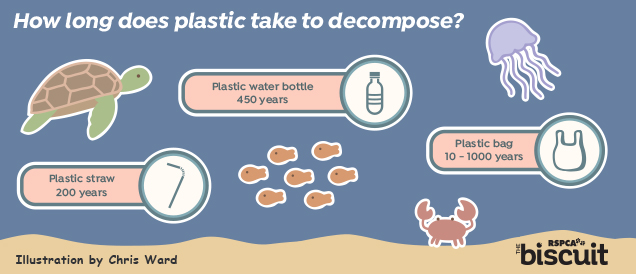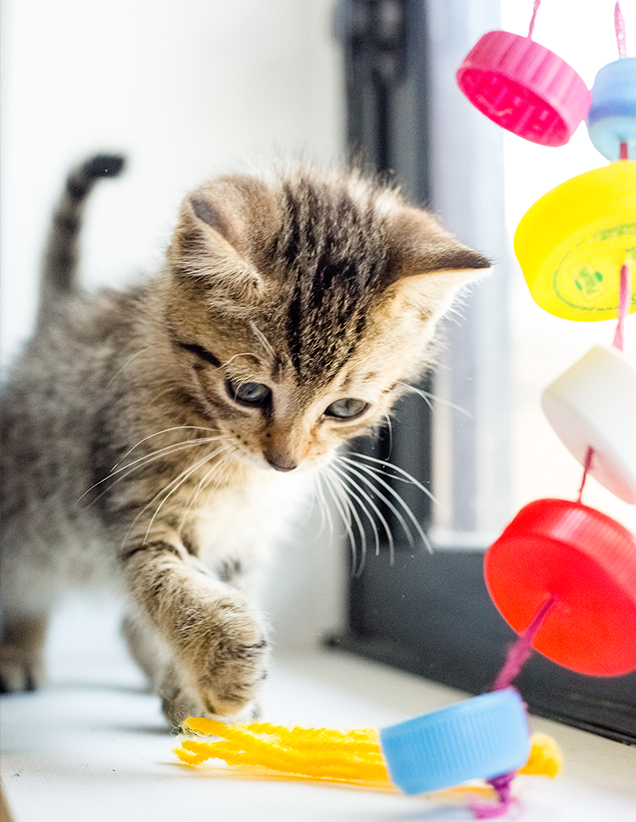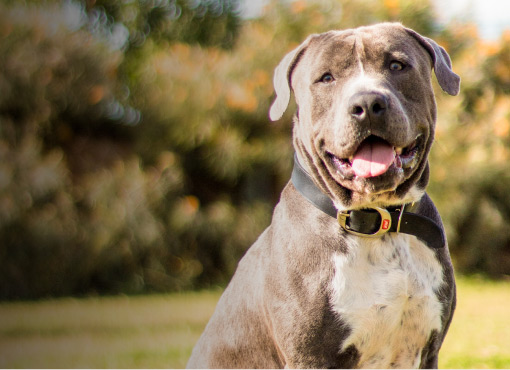Sadly the simple bottle top ring can cause a world of pain for our wildlife. Simply cutting plastic rings before they are discarded can save lives. Sadly this bird wasn’t so lucky. A member of the public sent us this photo and was quite distressed that this poor bird had perished due to human waste.
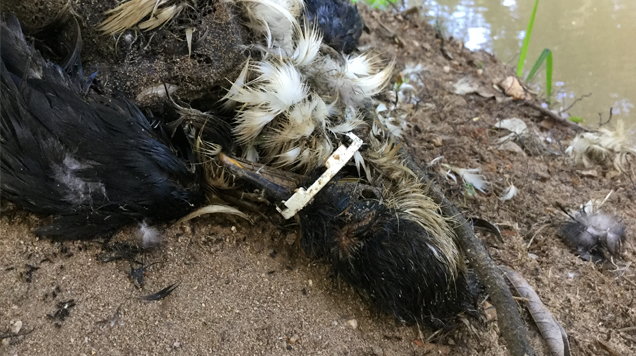
Luckily this magpie (below) was rescued by our Animal Ambulance volunteer and able to be released back into the wild once the ring that was obscuring its beak was removed.
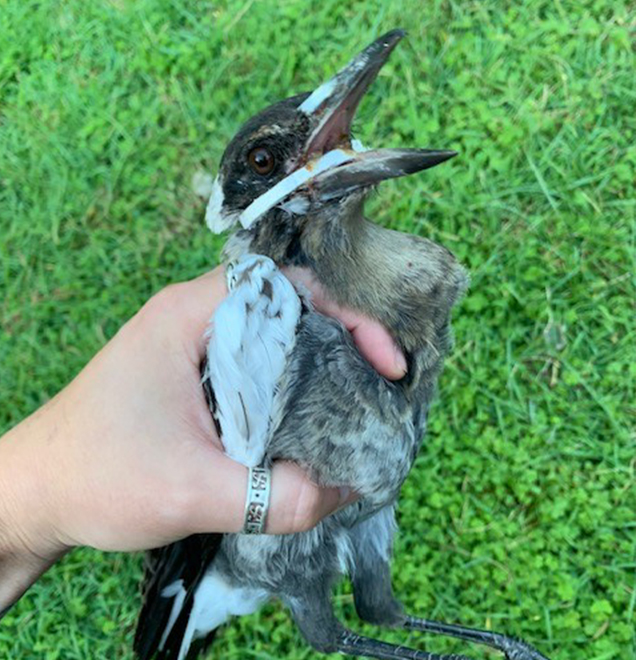
It's also not just birds that get caught up in our plastic waste, this little eastern water dragon was lucky to be found in this state below. He was brought into our RSPCA Wildlife Hospital and the plastic tube was removed. He was treated by our wildlife vets for crush injuries and muscle wastage. Luckily he made a full recovery from his ordeal and was able to be released back into the wild.
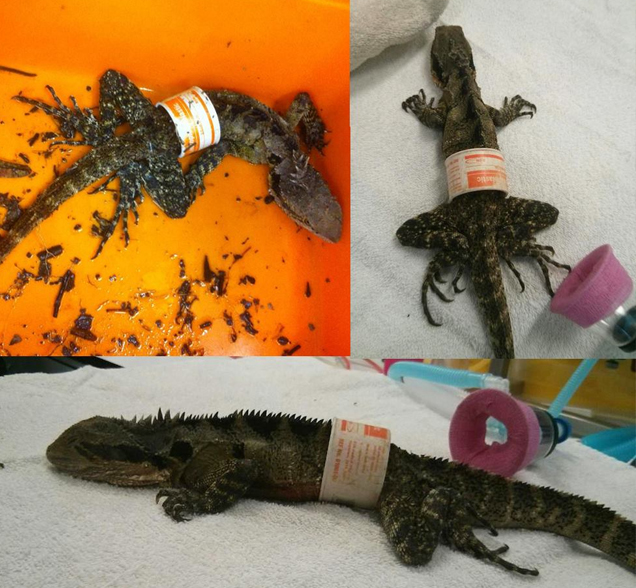
This darter was also lucky to be caught and saved. While he proved elusive for a few days to catch, finally our Animal Ambulance team had success with a net gun. Volunteer Chantelle did have to get into the water for a dip to get to the bird, but he was safely able to be released once the synthetic stuffing was removed from his beak. If left in this situation, this darter would not have been able to eat and ultimately would have starved.
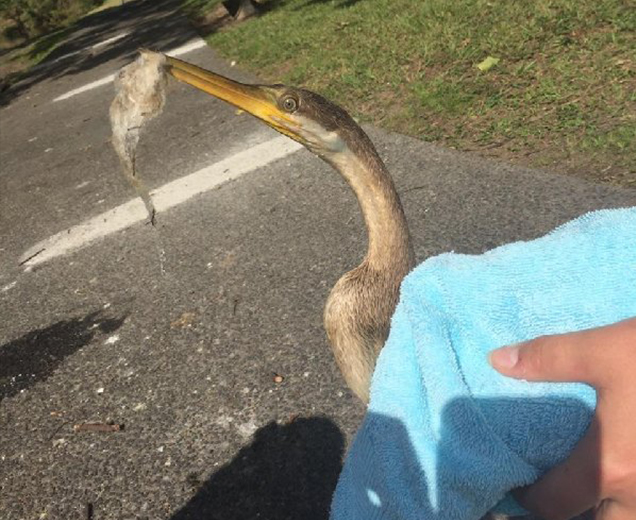
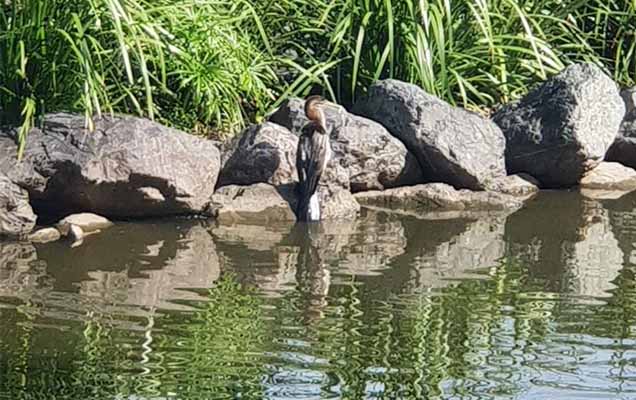
If you see wildlife in need of help, contact our 24/7 Animal Emergency Hotline 1300 ANIMAL (1300 264 625).


